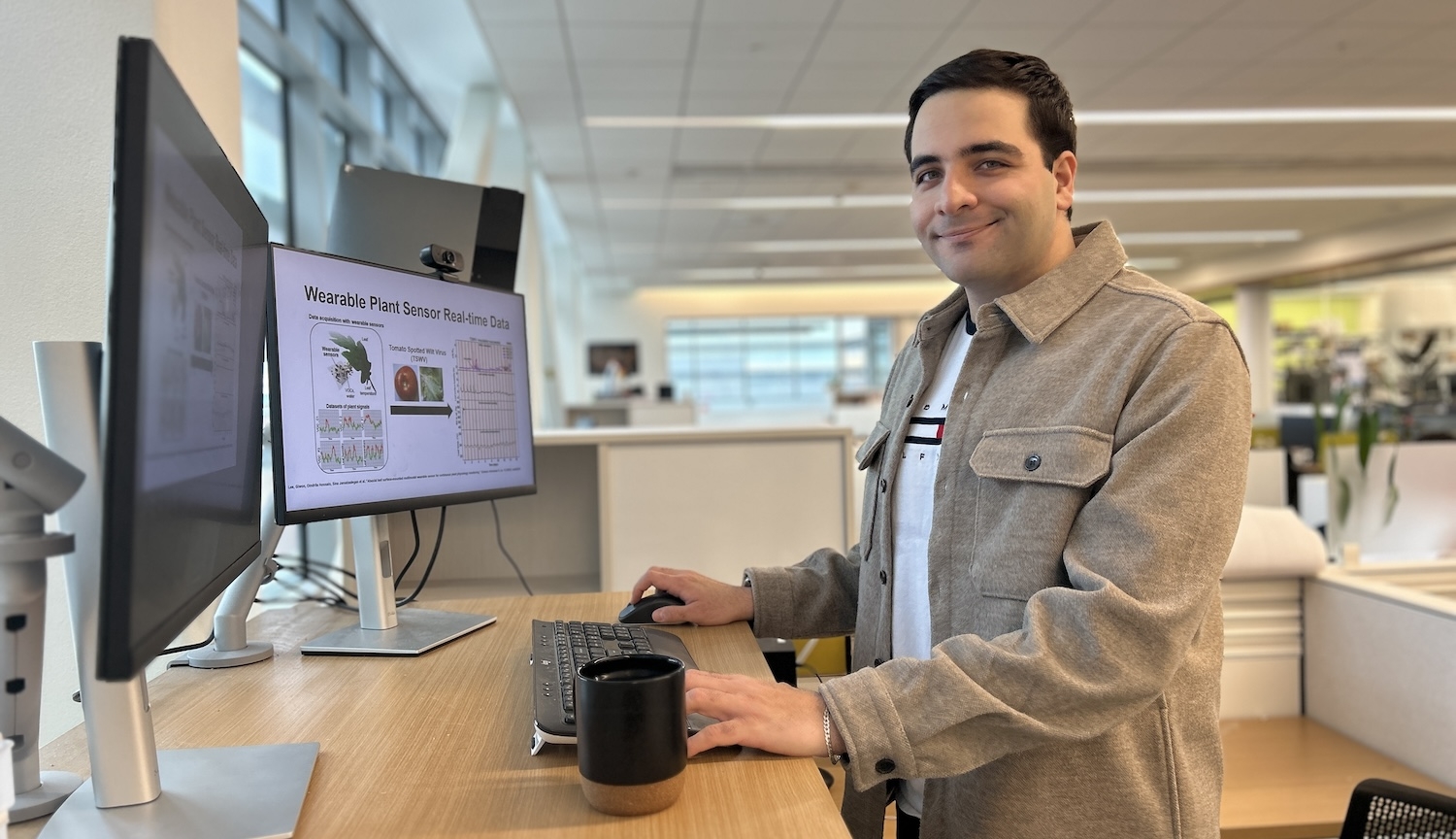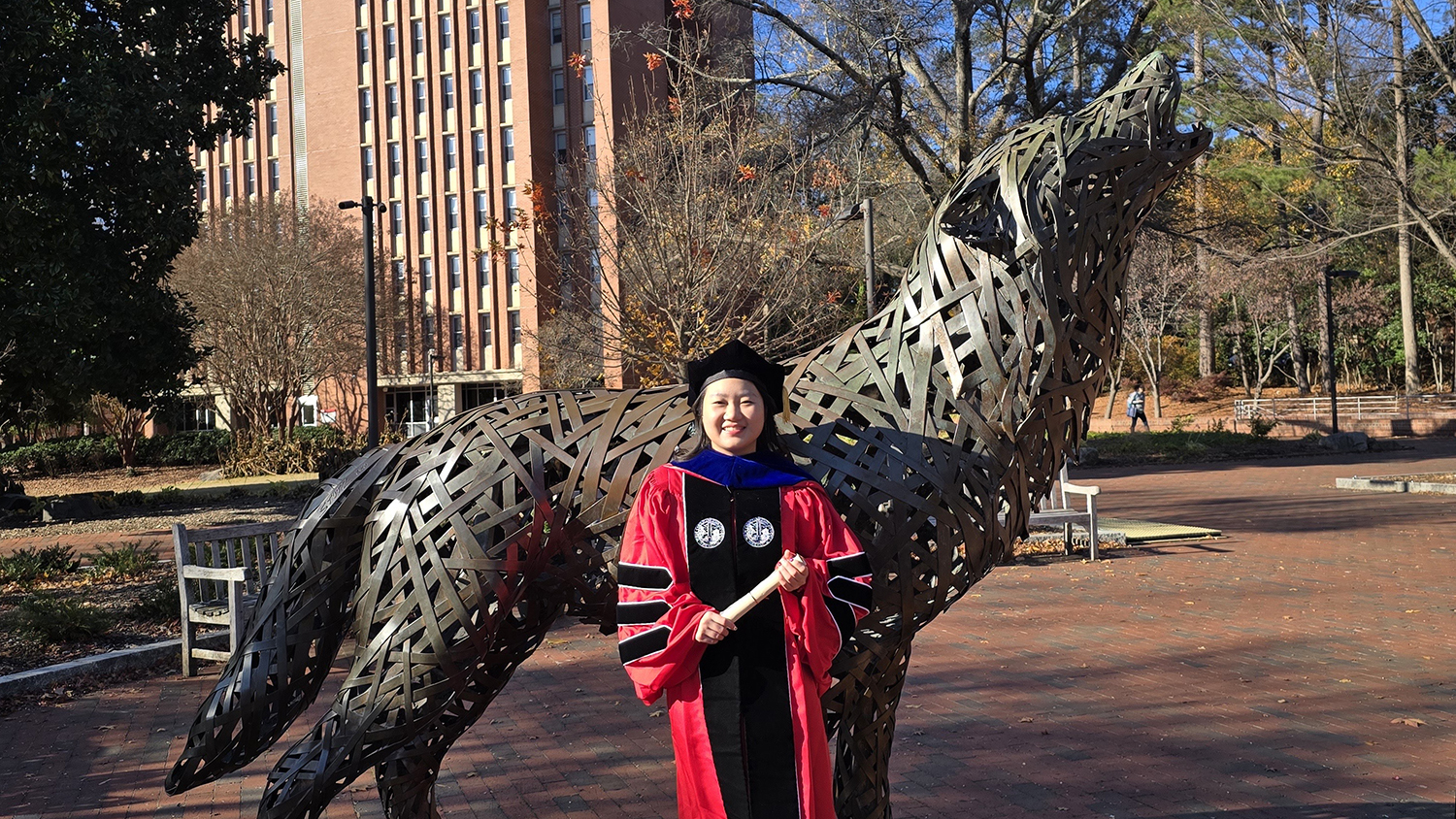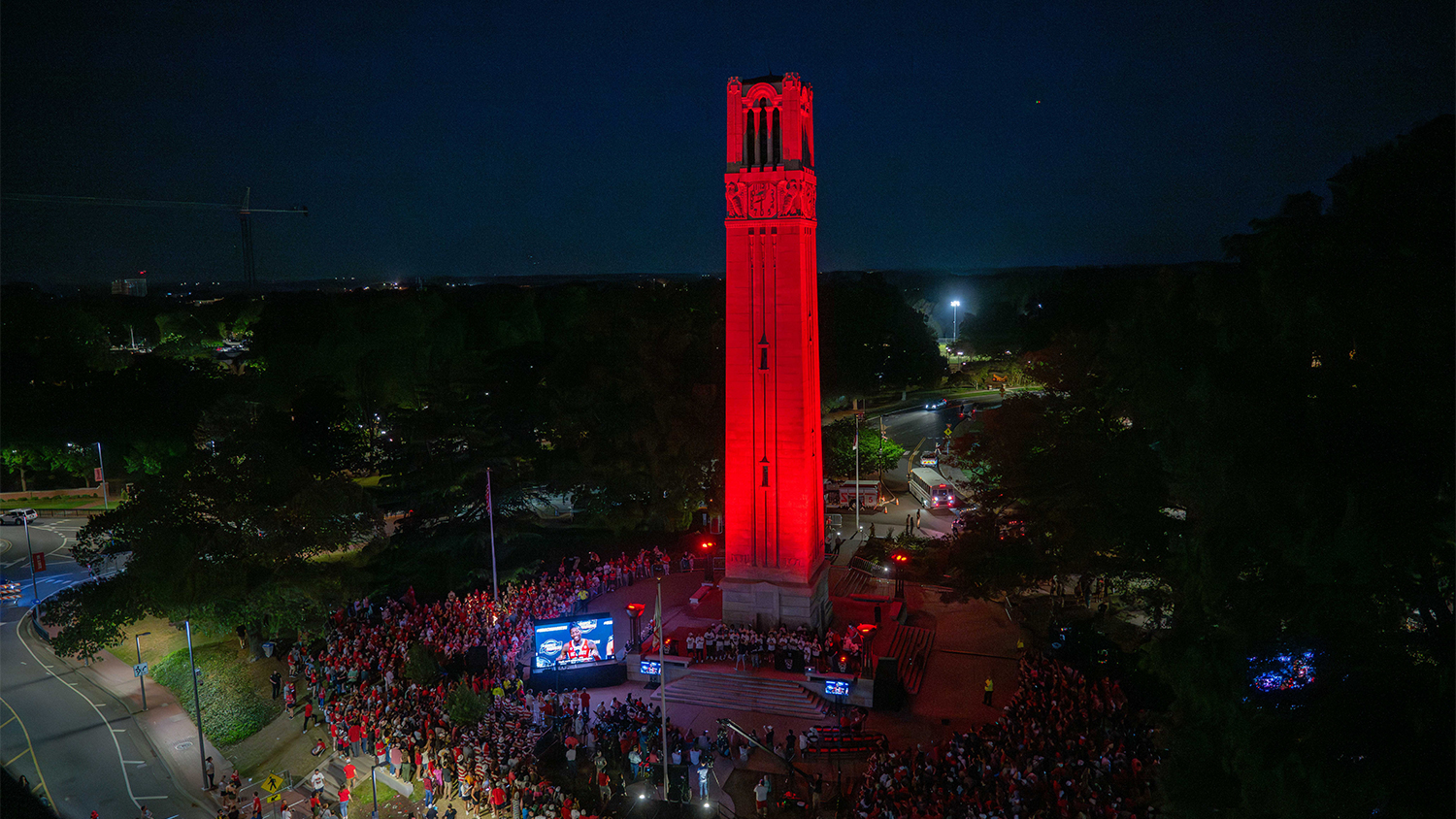Student promotes materials science research, renewable energy in Tanzania


Despite his previous experience with nonprofits, Christopher Boggs faced new challenges in Africa while collaborating with students of different academic backgrounds, and who have limited resources to conduct research in materials science.
Boggs traveled to Arusha, Tanzania for two weeks, May 28- June 12, for the 2016 Joint U.S.-Africa Materials Institute (JUAMI), which featured tutorials on innovative energy materials topics, hands-on experiments and research seminars by leading materials scientists. Approximately 65 graduate students attended the conference: 40-45 from Africa, 20-25 from the United States and a few others.
A doctoral student in mechanical engineering at NC State, Boggs said the morning lectures at the conference were very technical and covered a range of materials while the afternoons focused more on team-based learning activities. Here the students were given a device (e.g. battery, solar cell) to characterize and determine its physical/material properties. To decrease any social barriers, the groups were randomly assigned. He said that most of the African doctoral students were older than the students from the U.S. and often lectured at their own universities.

The students used simple devices and low-cost sensors similar to those made at NC State by SciBridge, an outreach project designed to increase scientific communication between the U.S. and African nations on the need for clean, sustainable energy. Boggs works with NC State to make experiment kits that are sent from SciBridge to African universities.
Students at The Nelson Mandela African Institution of Science and Technology, part of the SciBridge network, were very eager to share and discuss the results of their own research projects with Boggs during his visit.
“The theme has always been accessibility to electricity,” Boggs said of his interest and involvement in the collaborations with Africa. He wants to become more focused on making small changes that create big impacts in the communities there, such as promoting the use of solar lanterns that can light up a room for hours at night for people with limited access to electricity.
With the themes and outcomes of the JUAMI conference in mind, Boggs would like to pivot his research toward incorporating areas of open science between different groups and include these findings in his doctoral dissertation. He would also like to help make future JUAMI conferences possible for other students if the opportunity arises.
As a member of the Materials Research Society (MRS), Boggs recently received a grant from the MRS Foundation in order to continue collaborating and researching with students from schools in both the United States and East Africa.
Boggs received a B.S. in mechanical engineering from the University of Maryland University College (2002) and an M.S. in mechanical engineering from Northeastern University (2007).


